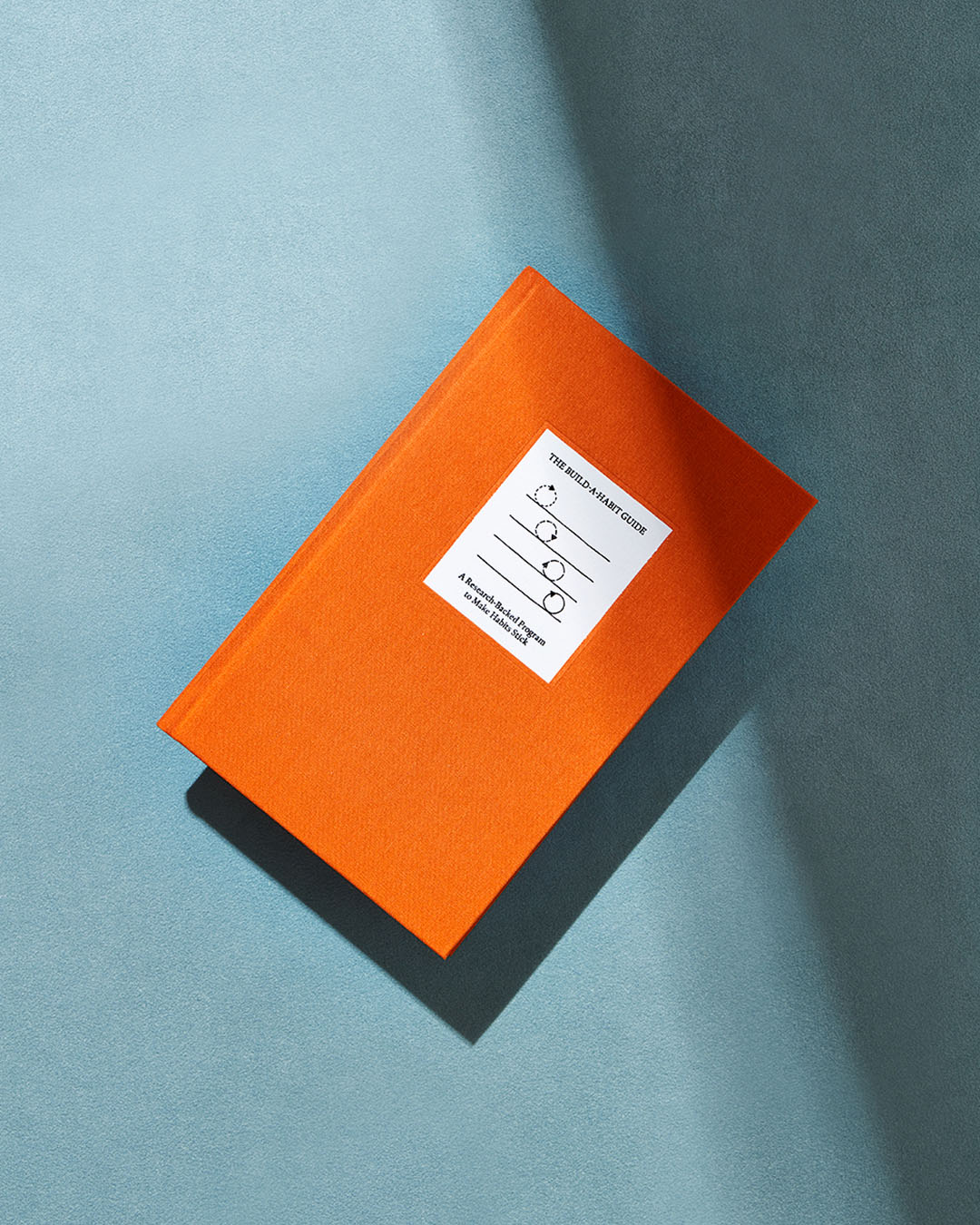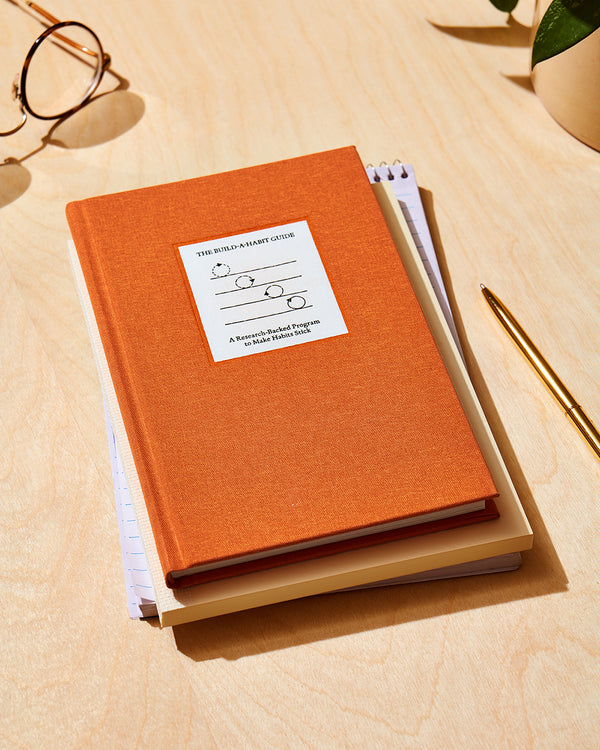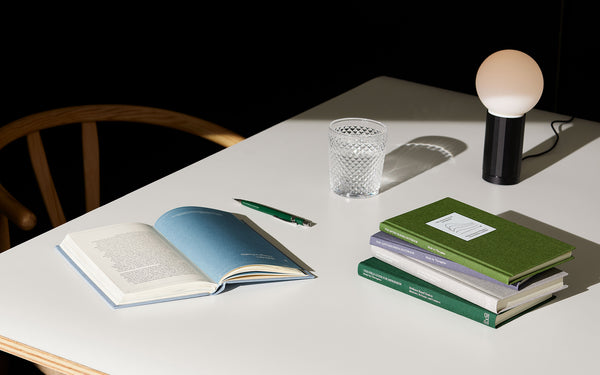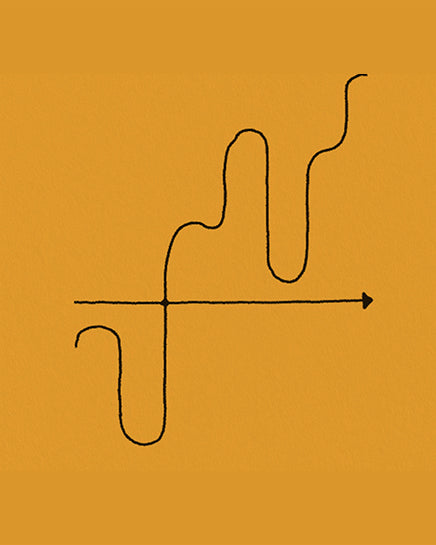
February 01, 2023
Expert Tips: Getting Started with The Build-a-Habit Guide
By Dr. Diana Hu, Clinical Advisor
You’ve purchased The Build-a-Habit Guide (or are highly considering it!). We’re here to help you get the most out of your experience—even before you receive your book.
We worked with an expert therapist—Dr. Diana Hu—to share some tips on how you might set yourself up for success ahead of your habit building journey.
Tip 1: Keep an open mind—things may not go the way you expect.
Most of us have some familiarity with habit formation and behavior change—whether it’s through listening to a podcast, seeing articles on how to make New Year’s resolutions stick, or reading a book on habits (Atomic Habits, anyone?). But oftentimes, actually putting habits into practice requires a level of adaptability, flexibility, and willingness to “fail” that isn’t captured in the books we read. We encourage you to keep an open mind to learn by doing as you go through this 10-week program.
Tip 2: Remember that starting small is part of the process.
The Build-a-Habit Guide gives you very clear guidelines on what type of habit to commit to—in this book, we recommend that you choose a behavior that is short (takes 10-minutes or less), frequent (daily or near-daily), and requires only a few steps to complete. While you may have loftier goals, such as going to the gym every morning or keeping the house tidy; this book very explicitly asks you to start small. This is so you can build a better understanding of the process of habit formation, which is just as important as building the habit itself.
Tip 3: Take stock of what matters to you.
It’s helpful to take a step back and reflect on what matters to you. What will actually bring you joy or fulfillment, or support your health in small, but important ways? What is a habit that you’ve tried to form, but have struggled with? Choosing a habit that is personally meaningful can add to the feeling of accomplishment and pride when you do your new habit, and reinforce the behavior for the future.
Tip 4: Doing part of your habit imperfectly is better than a perfect routine.
When it comes to habit formation, perfectionism is often our worst enemy. We come up with an ideal version of our routine (and of ourselves!), and we get trapped in “all-or-nothing” thinking. For habit building in particular, we need to understand where the barriers are, so that we can address them instead of trying to bulldoze through them. So on days where you’re feeling demotivated or tired, try doing a “lite” version of your habit. Do your habit for less time, in a different environment, or in an easier way, and take note of what feels difficult so you can brainstorm solutions for it later on.
Tip 5: Trust the process.
During this ten-week program, you may have days or weeks where you’re discouraged, or are noticing that the habit still feels effortful. We encourage you to keep at it: habits are a combination of cue, reward, and repetition—and it will take a while before the habit truly feels effortless and second-nature.
Questions?
Our experts are here to help. Submit your questions to askanexpert@therapynotebooks.com and we’ll do our best to answer them.
This article is not therapy or a replacement for therapy with a licensed professional. It is designed to provide information in regard to the subject matter covered. It is not engaged in rendering psychological, financial, legal, or other professional services. If expert assistance or counseling is needed, seek the services of a competent professional.



